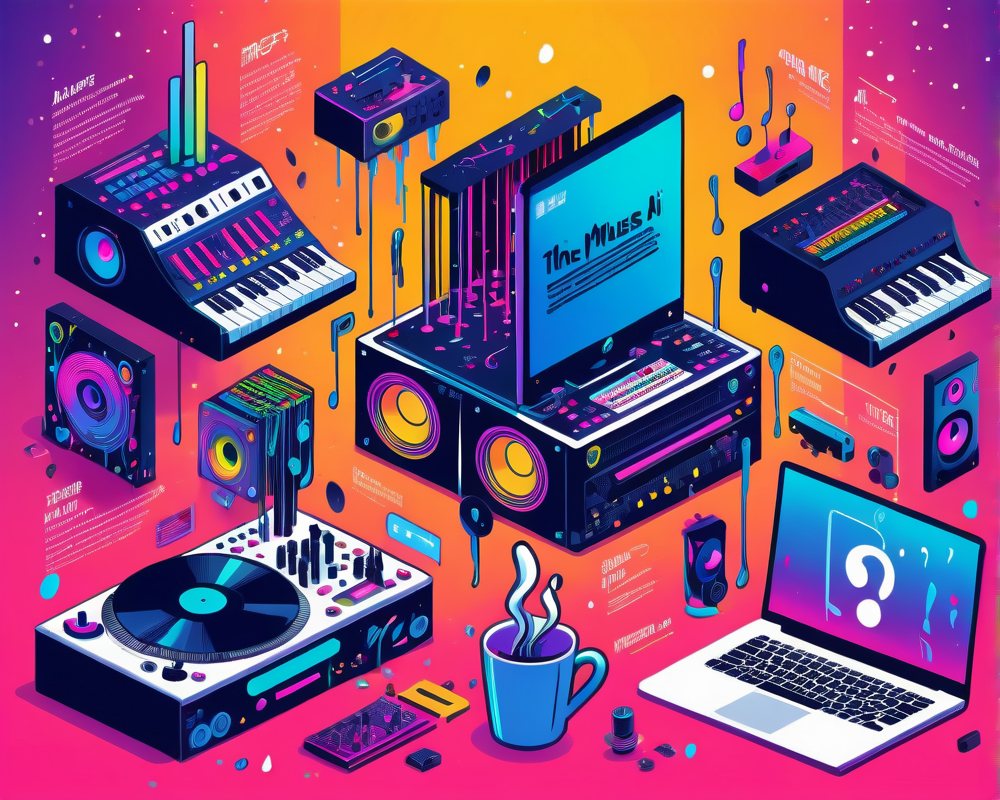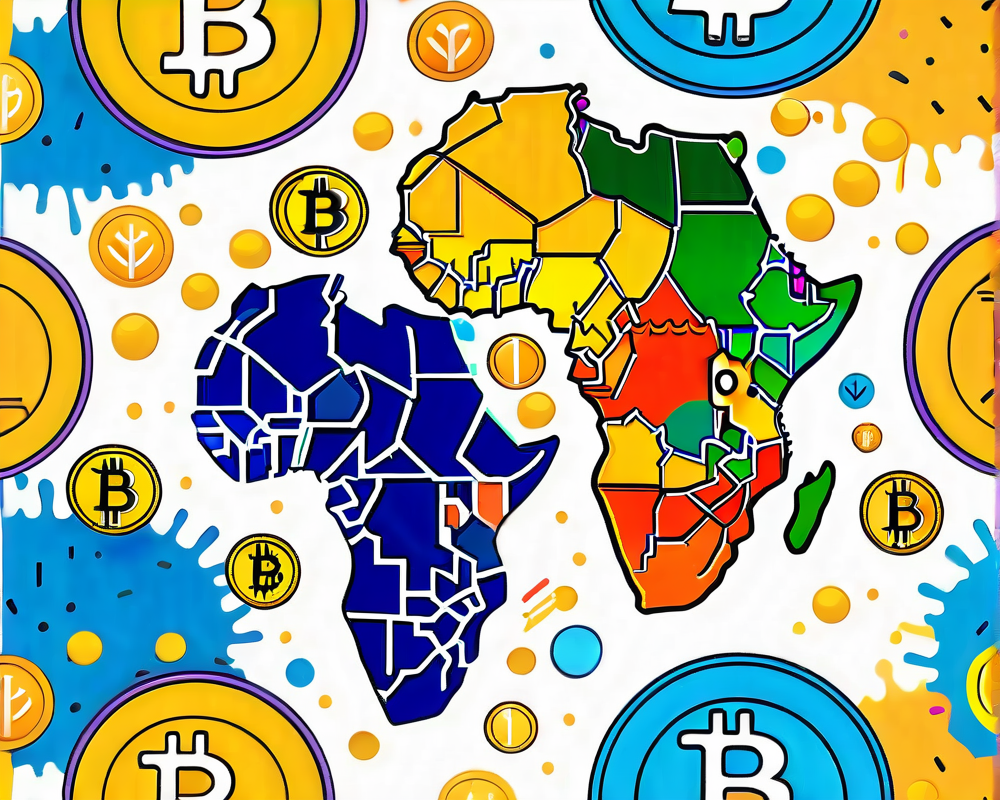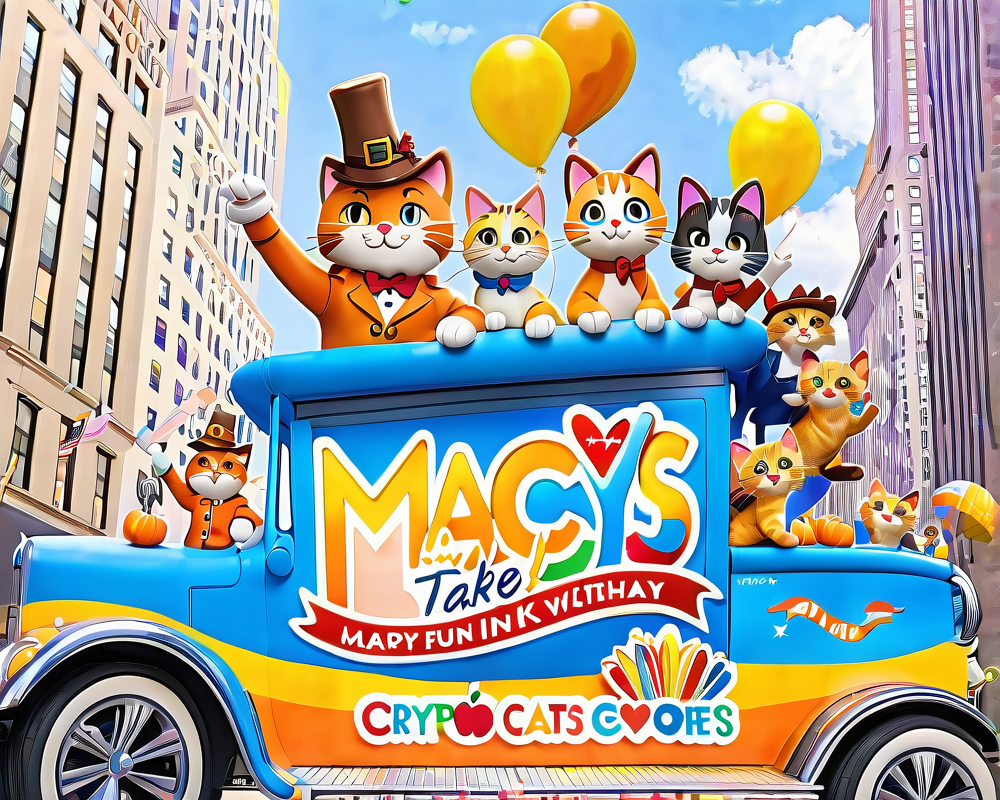The Dual Nature of AI in Music
Artificial intelligence is reshaping the music industry, offering a thrilling blend of creativity and innovation. Artists and producers are beginning to embrace AI’s ability to generate new music, while traditional record labels scramble to adapt. The disruption is palpable, reminiscent of the Napster days of yore when the industry panicked over the new wave of digital sharing. But unlike back then, this time the music-making power is in everyone’s hands!
Musixy: The AI Music Revolution
Enter Musixy, the platform that’s aiming to become the “Spotify for AI hit songs.” Launched on September 14, this daring initiative is dedicated to AI-generated tunes that may have hit a brick wall on other streaming platforms. Founder and CEO Can Ansay highlights the urgency of giving AI its own ecosystem, much needed in a landscape traditionally dominated by human artists.
Challenges of Intellectual Property
As AI continues to generate content faster and cheaper, the question of intellectual property looms large. Major labels are understandably nervous, fearing for their bottom line as they watch the rise of songs produced via AI, often using the vocal likenesses of popular artists without consent. This tension was starkly illustrated with the AI-generated song “Heart on My Sleeve,” which faced a swift takedown, leading to head-scratching eligibility debates for award nominations.
Legal Perspectives on AI Vocal Likeness
Ansay argues a hotly debated point: vocal likeness should not be considered protected under IP law. Why, you ask? Because this could create an ethical minefield for artists! If every singer with a similar voice to a superstar has to tread lightly, it could stifle creativity across the board. Instead, marking AI-generated voices as “unofficial” may help keep everyone on the same page.
AI vs. Traditional Music: Is Competition Possible?
This brings us to the next juicy question: Should AI-generated music compete alongside traditional music? Ansay suggests there’s merit in both perspectives. However, for equity in recognition, clear definitions on AI’s role in music production need to be established or we may be looking at the birth of a separate Grammy category like “AI Song of the Year.” How ambitious! Imagine the award-winning acceptance speeches filled with algorithms and binary code!
The Future of AI in Music: What’s Next?
With the changing landscape, the conversation about AI in music is just beginning. Google’s rumored negotiations with Universal Music Group over creating AI tracks legally using artists’ likenesses could mean we’re on the brink of a new era. Will AI become the new trendsetter in the industry? Will artists embrace AI as a collaborator or see it as a thorn in their side? Only time will tell, but one thing is certain—AI and music are intertwined and are producing exciting discussions and outcomes.




